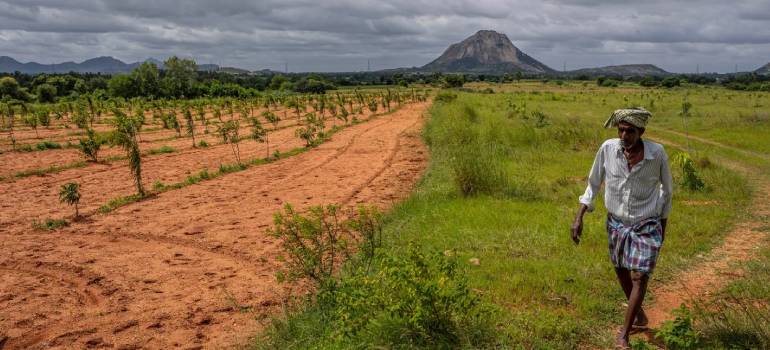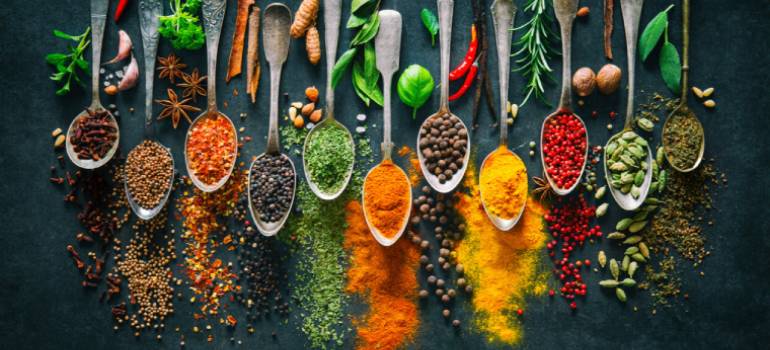The impact of climate change on spice farming and its solutions
Climate change has a significant impact on spice farming, as spices are often grown in specific regions that are vulnerable to extreme weather conditions. Here are some of the effects of climate change on spice farming and possible solutions:
- Changes in temperature and rainfall patterns: Climate change can result in changes in temperature and rainfall patterns, affecting the growth of spices. For example, cardamom, a spice commonly grown in India, requires a specific temperature and rainfall pattern to grow successfully.
Solution: Implementing water management strategies, such as rainwater harvesting, and using sustainable irrigation methods, can help to mitigate the effects of changing rainfall patterns. Additionally, farmers can adopt alternative cultivation practices, such as greenhouse farming, to control temperature and moisture levels.
- Increased pest infestations and disease outbreaks: Climate change can lead to an increase in pest infestations and disease outbreaks, affecting the quality and yield of spices. For example, black pepper, a commonly grown spice in Vietnam, is vulnerable to pests such as thrips and mites.
Solution: Farmers can use integrated pest management strategies that rely on natural predators, pheromone traps, and organic pesticides to control pests and disease outbreaks. Additionally, adopting crop diversification practices can help to reduce the spread of pests and disease outbreaks.
- Loss of biodiversity: Climate change can lead to the loss of biodiversity, as spices require specific environmental conditions to thrive. For example, vanilla, a spice commonly grown in Madagascar, is vulnerable to deforestation, which can affect the pollination process of the orchid plant.
Solution: Implementing sustainable farming practices, such as agroforestry and conservation agriculture, can help to preserve biodiversity and protect the natural habitat of spices. Additionally, farmers can adopt organic farming practices that rely on natural fertilizers and pest control methods to reduce the impact of farming on the environment.
In conclusion, climate change poses a significant threat to spice farming, but there are solutions that farmers can implement to mitigate its effects. By adopting sustainable farming practices and using alternative cultivation methods, farmers can protect their crops and maintain the quality and yield of their spices.




